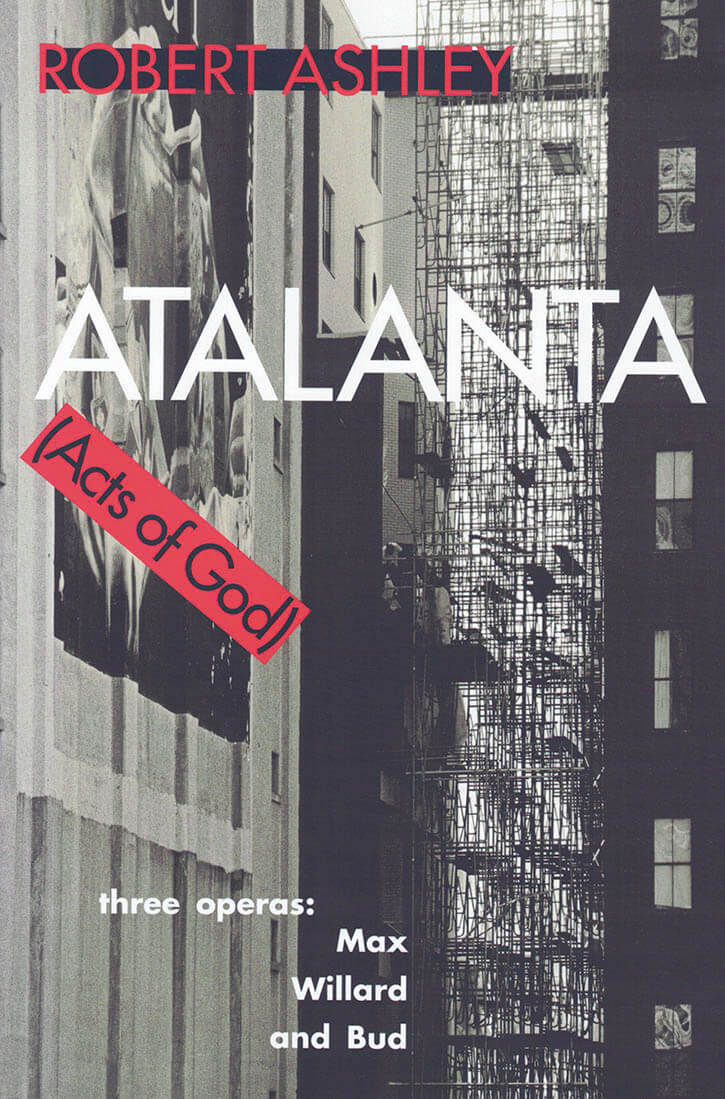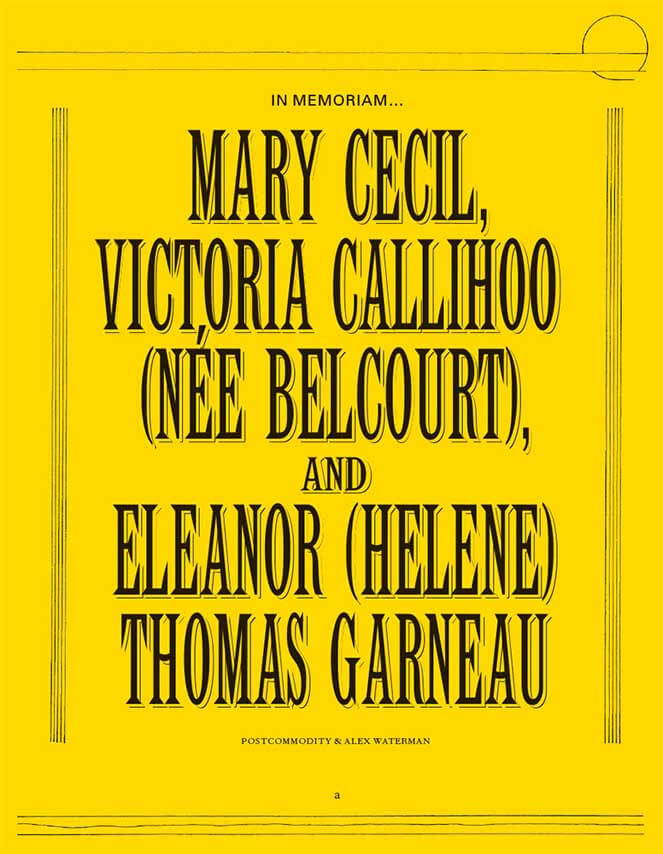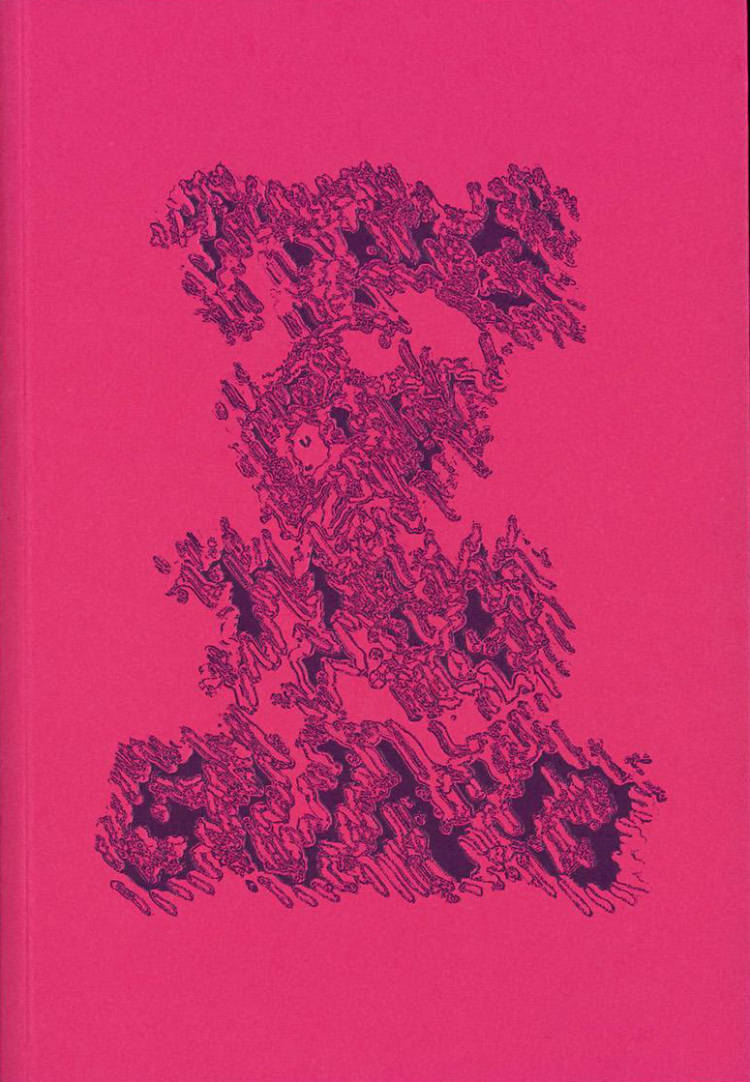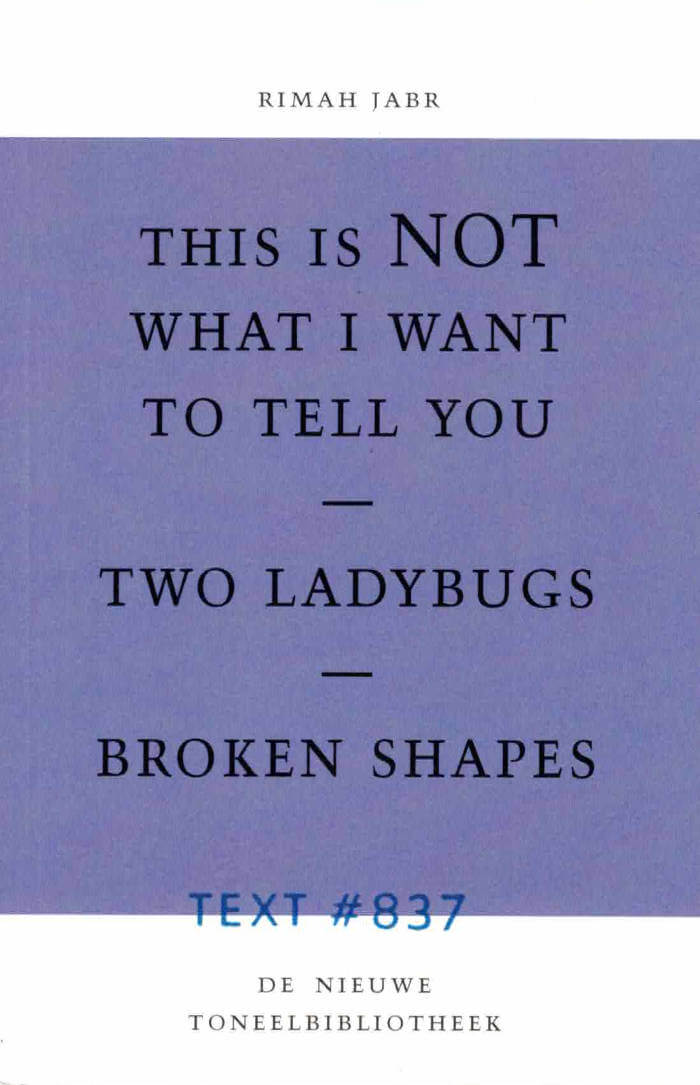
Atalanta (Acts of God)
The definitive text of Atalanta (Acts of God), which has been performed internationally since the 1980s, includes the entire libretto and an afterword by Ashley, compiled and edited by Sumner Carnahan.
Robert Ashley is a prolific composer and writer, best known for his work in new forms of opera: epic prose poems he sets to music, which have been awarded, commissioned, and performed internationally for over forty-five years. In the 1960s, Ashley organized Ann Arbor's legendary ONCE Festival and directed the ONCE Group. During the 1970s, he directed the Center for Contemporary Music at Mills College, toured with the Sonic Arts Union, and wrote and produced Perfect Lives, an opera for television widely praised as the precursor of music-television.
Language: English





